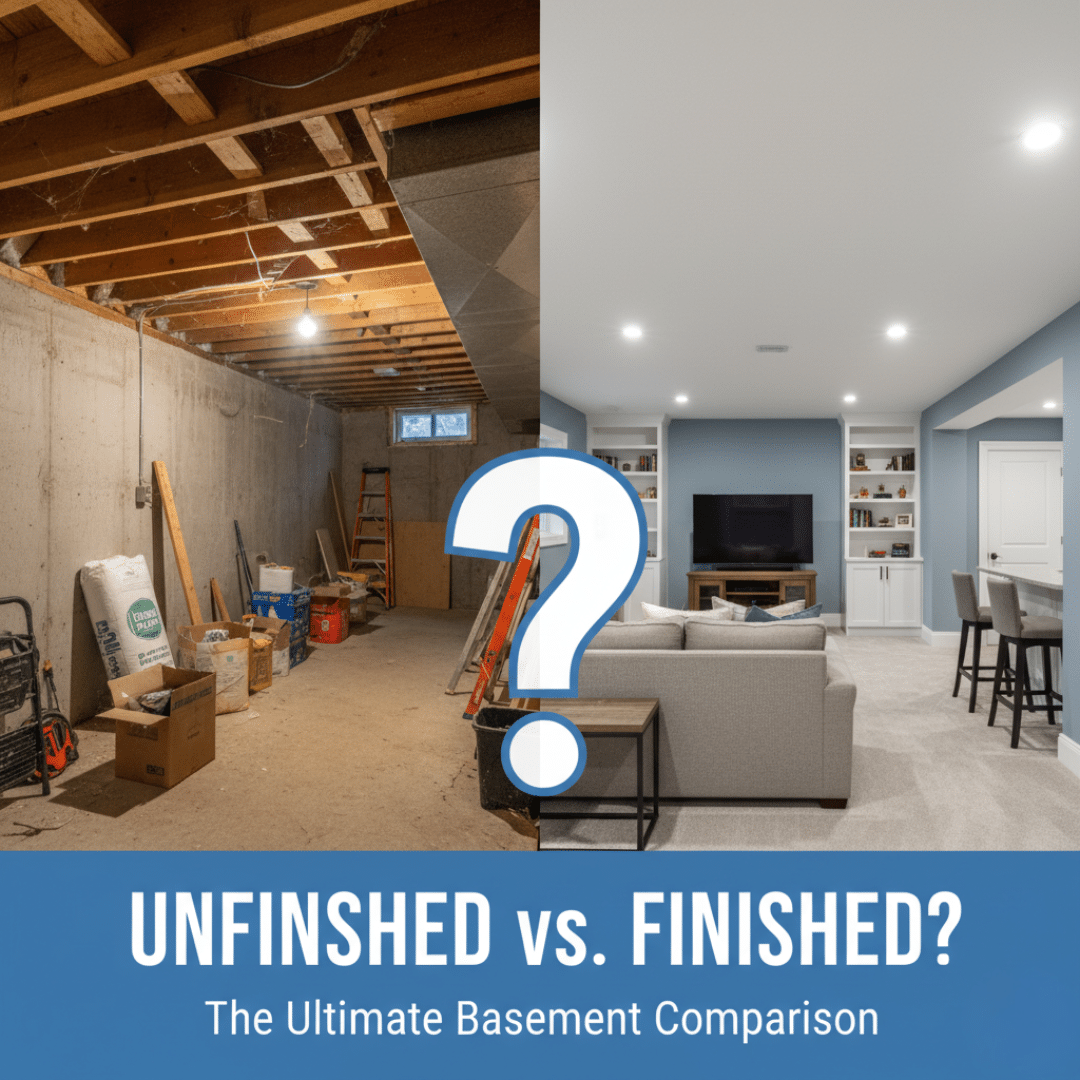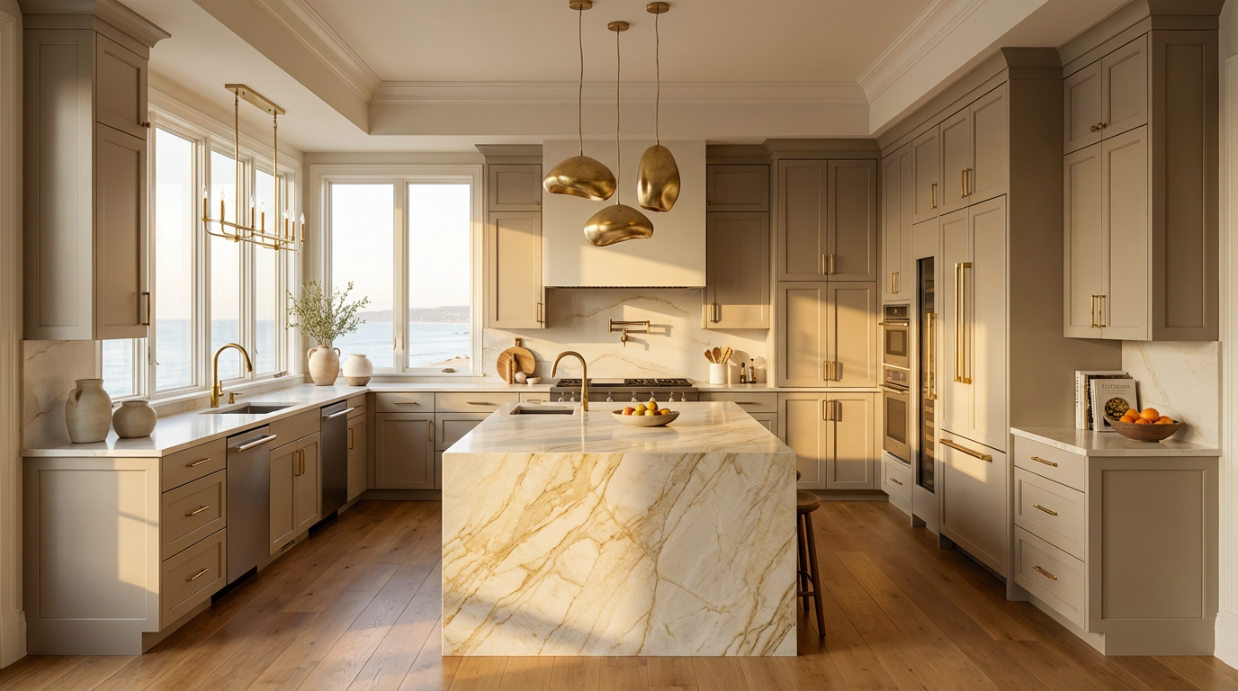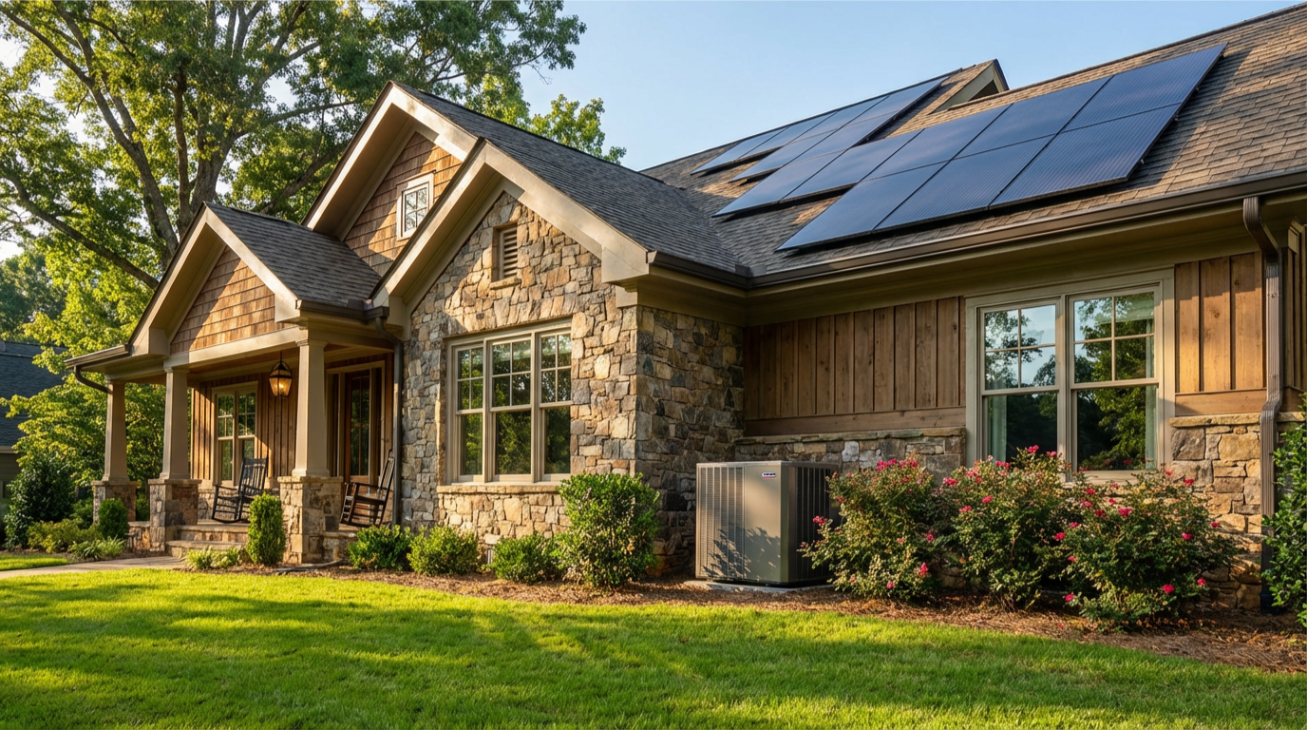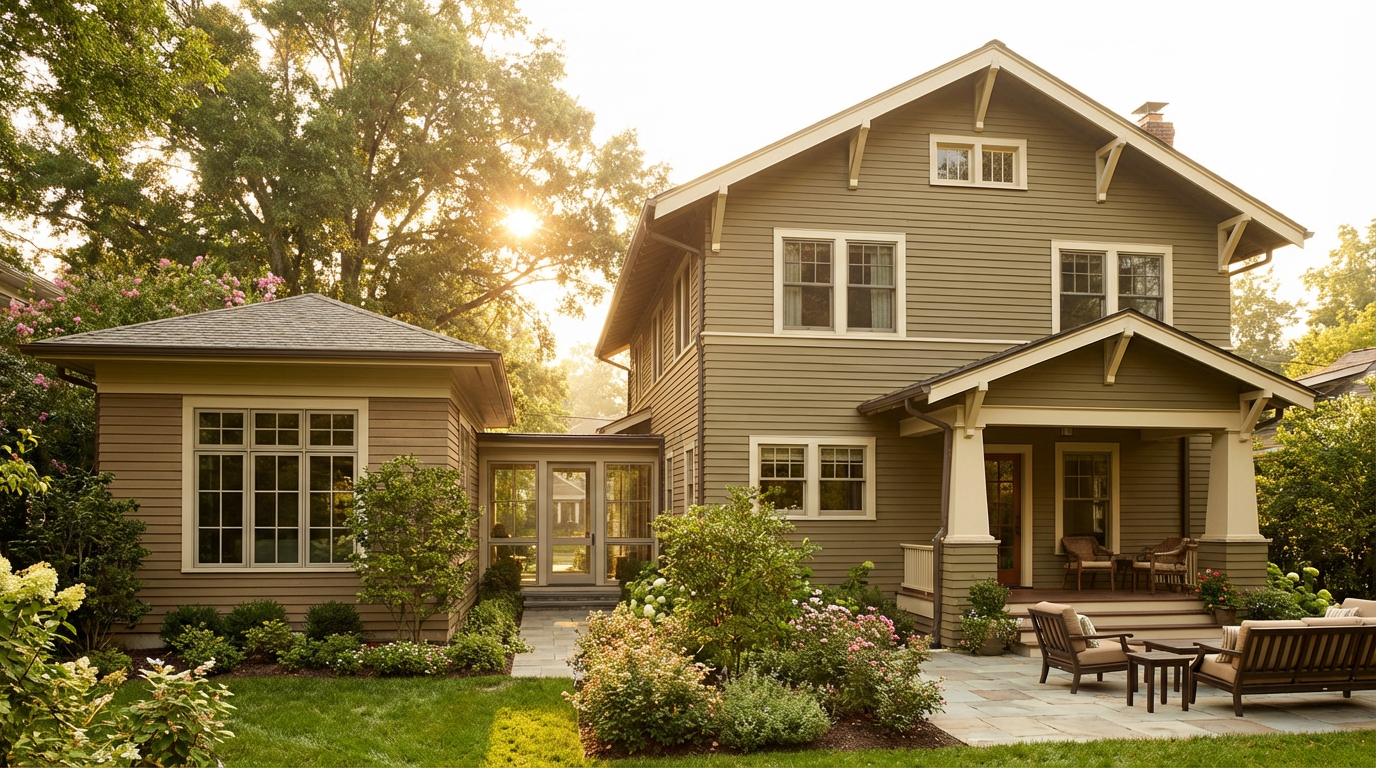If you’re a homeowner looking at your basement and wondering what your options are, you’re not alone. Understanding the differences between finished vs unfinished basements will help you make the right choice for your family’s needs and budget.
Whether you’re house hunting or considering a basement renovation project, knowing these key differences saves you time and helps you set realistic expectations.
Table of Contents
There Are 3 Types of Basements Explained
There Are 3 Types of Basements Explained Most people think there are only two types of basements, but there’s actually a middle option that many homeowners find perfect for their situation. If you’re comparing below-grade spaces, see our cellar vs basement guide.

1. Unfinished Basement
Your basic unfinished basement has exposed foundation walls, concrete floors, and visible ceiling joists. You’ll see all the mechanical systems – furnace, water heater, electrical panels, and ductwork. These spaces work great for storage and utilities but aren’t suitable for living.

2. Partially Finished Basement
This option gives you the best of both worlds. You finish part of the space for living while keeping other areas unfinished for storage and utilities. Many families choose this route because it costs less than a full renovation but still provides functional living space.

3. Finished Basement
A fully finished basement includes insulated walls, proper flooring, ceiling treatment, adequate lighting, and climate control. These spaces count toward your home’s square footage and can serve as bedrooms, family rooms, home offices, or rental units.
Check out the best basement flooring options.
Why Choose a Partially Finished Basement?
A partially finished basement often proves to be the sweet spot for many North Georgia families. You get functional living space without the full cost of finishing every square foot.
These projects typically involve finishing 40-60% of your basement space. The finished portion gets proper walls, flooring, lighting, and heating/cooling. The unfinished section remains available for storage, utilities, and future expansion.
Common Uses for Partially Finished Basements:
- Home office combined with storage area
- Kids’ playroom with toy storage space
- Home gym with equipment storage
- Family room while keeping laundry and utilities accessible
The approach works well when you need extra living space but want to keep renovation costs manageable. You can always expand the finished area later as your needs or budget change.
What Are the Benefits of a Finished Basement?
Finished basements offer several compelling advantages that can transform your home life:
Increased Living Space A finished basement effectively doubles your lower level’s functionality. Instead of just storage, you gain space for entertainment, work, exercise, or guests. This additional square footage adapts to your changing needs over time.
Higher Home Value Properly finished basements typically increase your home’s value, with the exact amount depending on local market conditions and quality of work. Most homeowners see positive returns on their investment.
Year-Round Comfort With proper climate control and insulation, finished basements stay comfortable regardless of Georgia’s weather. This creates usable space in all seasons, unlike many unfinished basements that become uncomfortable in summer humidity or winter cold.
Privacy and Quiet Basement spaces naturally provide separation from main floor activities. This makes them ideal for home offices, teen hangouts, or guest suites where privacy matters.
Why Should You Keep Your Basement Unfinished?
Unfinished basements offer practical advantages that make sense for many homeowners:
Significant Cost Savings Avoiding finishing costs means more money for other home improvements or savings goals. Unfinished basements provide utility without the significant investment required for full finishing.
Easy System Access Exposed ceiling joists, plumbing, and electrical systems make maintenance and repairs simpler and less expensive. When your water heater needs replacement or plumbing requires attention, everything’s easily accessible.
Maximum Storage Flexibility Unfinished spaces accommodate seasonal items, tools, and bulk storage that wouldn’t fit elsewhere. The open layout lets you configure storage solutions exactly as needed without worrying about damaging finished surfaces.
Future Expansion Options Keeping your basement unfinished preserves the option to finish later when your budget or needs change. This flexibility appeals to homeowners who aren’t ready for a major renovation project.
Things To Consider With Unfinished Basements
Before you decide on any basement project, you need to assess what you’re working with. Not every unfinished basement is ready for conversion.
Safety and Structural Issues Georgia sits in EPA Radon Zone 2, which means about 20% of homes have elevated radon levels. Testing costs $150-$300 and should happen before any renovation planning. If mitigation is needed, expect to invest $1,200-$2,500.
Foundation problems can derail basement plans quickly. Look for cracks wider than 1/4 inch, water stains, white mineral deposits (efflorescence), or any wall bowing. North Georgia’s clay soil and humidity create moisture challenges that require professional attention.
Making the Most of Unfinished Space Even if you don’t finish your basement right away, you can maximize its value:
- Climate-controlled storage saves $50-$200 monthly in storage fees
- Workshop space for hobbies and projects
- Easy access for maintenance and repairs

What Makes a Basement “Finished”
Georgia building codes set specific standards for finished basements. Meeting these requirements ensures your renovation adds real value to your home and passes future inspections.
Ceiling Height Requirements:
- Minimum 7 feet for living spaces
- 6’8″ acceptable for bathrooms and utility areas
- Measured from finished floor to lowest ceiling element
Room Size and Layout Standards:
- Bedrooms must be at least 70 square feet
- All rooms need at least one exit
- Hallways must be minimum 36 inches wide
- Stairways require proper handrails and lighting
Safety Requirements:
- Egress windows for bedroom spaces (5.7 square feet minimum opening)
- Hardwired smoke detectors in all finished areas
- Carbon monoxide detectors near sleeping spaces
- GFCI electrical protection throughout
Ventilation and Climate Control:
- Proper ventilation systems to prevent moisture buildup
- Insulation meeting current energy codes
- Access to HVAC system for year-round climate control
Permit Process Building permits are required for most basement finishing projects, with additional permits needed for electrical and plumbing work. The approval process typically takes several weeks in most North Georgia communities.
What To Think About When Finishing Your Basement
The investment varies significantly based on the scope of your project and the condition of your existing space. Factors that influence your investment include:
Project Scope Variables:
- Square footage being finished
- Quality of materials selected
- Electrical and plumbing requirements
- Moisture control needs
- Permit and inspection requirements
Is finishing your basement worth it? It depends on your specific situation and goals.
For detailed information about what factors influence basement finishing costs, check our basement finishing cost guide.
What Maintenance Do Finished Basements Need?
Finished basements require regular maintenance to protect your investment:
Regular Maintenance Tasks:
- Dehumidifier filter replacement and cleaning
- HVAC vent cleaning and filter changes
- Basement door and window weatherstripping inspection
- Drainage system check (if installed)
- Foundation wall inspection for cracks or moisture
Common Repair Needs:
- Carpet replacement due to moisture damage
- Drywall repair from minor water issues
- Dehumidifier replacement over time
- Minor plumbing maintenance
Regular maintenance prevents small issues from becoming expensive problems.
How We Approach Basement Projects
At Artistic Construction, we’ve completed over 5,000 basement projects in our 22 years serving North Georgia. Our process eliminates the common problems that frustrate homeowners during renovation projects.
Our Basement Finishing Process: We start with a thorough assessment of your existing space, including structural evaluation, moisture testing, and mechanical systems review. This 22-point inspection catches potential problems before construction begins.
During construction, you receive daily photo updates showing progress. We provide detailed timelines and stick to them, with built-in buffer time for any unexpected discoveries. Our transparent pricing means no surprise costs halfway through the project.
Quality Assurance: Every project includes a comprehensive warranty – 10 years on structural work, 5 years on mechanical systems, and 2 years on finish work. We stand behind our craftsmanship because we’ve perfected our process over two decades.
Learn more about our comprehensive approach to basement remodeling and finishing throughout North Georgia.
What Are the Best Features for a Finished Basement?
The most valuable finished basement features depend on your family’s needs and your local market preferences:
High-Value Features:
- Wet bar or kitchenette for entertaining
- Built-in storage solutions and shelving
- Egress windows (required for bedrooms)
- Radiant floor heating for comfort
- Home gym or exercise area
- Guest suite with bathroom
- Soundproofing for media rooms
- Recessed lighting throughout
These features typically provide the best return on investment while making the space genuinely useful for your family. For more inspiration on current design trends, check out our guide to top basement design trends that North Georgia homeowners are embracing.
Do You Need Permits to Finish Your Basement?
Most basement finishing projects require building permits in Georgia. Common permits include:
- General building permit
- Electrical permit
- Plumbing permit
- Mechanical/HVAC permit
Professional contractors typically handle permit applications and inspections, ensuring all work meets local codes.
Choosing the Right Basement Solution
Your basement decision should align with your family’s current needs, future plans, and budget reality. A partially finished basement often provides the perfect balance of functionality and affordability.
If you’re considering basement renovation in North Georgia, our Alpharetta basement remodeling guide covers area-specific considerations and local building requirements.
Schedule Your Free Assessment
Ready to explore your basement’s potential? Contact Artistic Construction at (770) 123-4567 for a comprehensive evaluation. We’ll assess your space, discuss your vision, and provide honest recommendations based on your needs and budget.
Our systematic approach eliminates the stress typically associated with basement renovations. With 22 years of experience and over 5,000 successful projects, we’ve refined our process to deliver exceptional results without the usual headaches.
Whether you’re in Woodstock and need expert basement remodeling services, or anywhere throughout North Georgia, we bring the same commitment to quality and communication that has made us the region’s trusted basement specialists.
Serving North Georgia communities including Alpharetta, Milton, Roswell, Johns Creek, and Marietta since 2002. Licensed, bonded, and insured.
Frequently Asked Questions
What are the disadvantages of a finished basement?
While finishing a basement adds valuable living space, it’s important to be aware of the potential downsides. The primary disadvantage of a finished basement is the significant cost, which can be a major investment.
Basements are also naturally prone to moisture and dampness, creating a risk of mold and mildew if not properly waterproofed. This can lead to health issues and damage to your new space. Additionally, because they are below ground, finished basements often lack natural light, and the square footage may be valued at a lower rate by appraisers compared to above-ground levels.
Does a finished basement increase home value?
Yes, a finished basement almost always increases your home’s value. By converting an unfinished area into a functional living space like a family room, home office, or guest suite], you are adding significant square footage that is highly appealing to potential buyers.
A quality basement remodel can offer a strong return on investment, often allowing homeowners to recoup 70% or more of the cost at resale. The exact value added depends on the quality of the work and the local real estate market, but a well-executed finished basement is a valuable asset.increase home value?
Why don’t builders typically finish basements?
Builders often leave basements unfinished as a strategic choice to keep the initial price of a new home more affordable and competitive. This provides the new homeowner with a “blank slate” they can customize to their own preferences and budget later on. From a construction standpoint, leaving the basement unfinished also reduces the builder’s liability for potential moisture-related issues that can occur below ground and simplifies the process of meeting building codes for finished living areas, such as those requiring specific ceiling heights or egress windows.
How can I prevent mold in my finished basement?
Preventing mold is crucial for a healthy and long-lasting finished basement. The most important step is to ensure comprehensive waterproofing before you begin renovations to stop moisture from entering. After the basement is finished, maintaining good air circulation with proper ventilation is key. Using a dehumidifier will help control the humidity levels and keep the air dry. When selecting building materials, it’s also a smart choice to use mold-resistant drywall, insulation, and flooring to provide an extra layer of protection against future mold growth.




